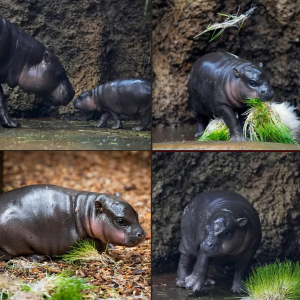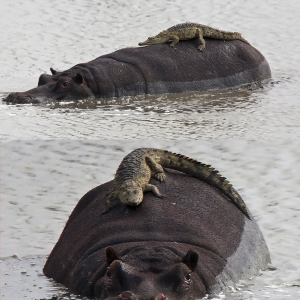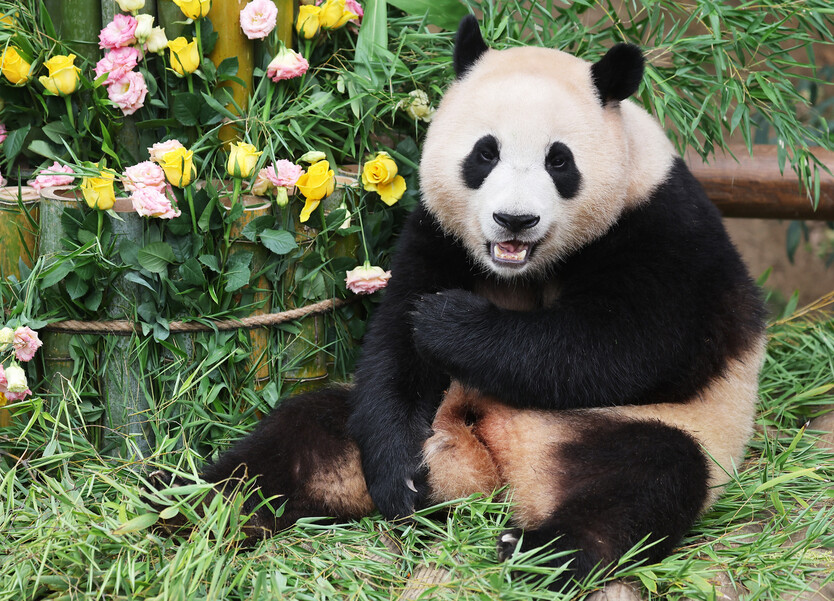
16.5 cm tall, 197 g in weight. On July 20, 2020, a baby panda was born at Everland Zoo in Yongin. The parents are the only giant pandas in Korea living at Everland, ‘Ai Bao’ (female panda) and ‘Le Bao’ (male). Zoo staff are delighted that a panda successfully reproduced in the wild for the first time in Korea. The baby panda quickly won the hearts of the Korean people. The name of the bear was also given as “Fubao” (treasure that brings happiness) through a referendum. The panda is also nicknamed ‘Yongin Poo’.
.jpg)
Recently, through international media, the giant panda “Yaya” (female) of Memphis Zoo, Tennessee, USA returned to its homeland China after the end of its 20-year lease, and interest in the future residence of the baby panda Pubao born in Korea is also very large. Everland Zoo in Yongin has announced that the panda Pubao is expected to be repatriated to China for “pairing” as early as next year, but on social media, there are many “regretful” reactions.
Why did Fubao have to come back?
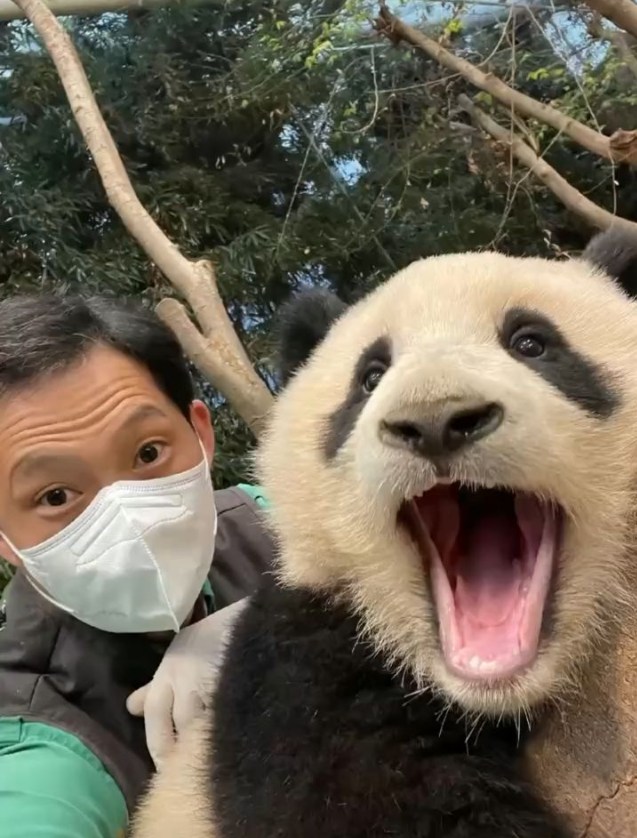
According to the <Hankyoreh> news on the 5th, Everland plans to discuss the repatriation timing with the Chinese side to return to China around July next year, when Fubao will be 4 years old. Pandas are known to be difficult to reproduce naturally, but Fubao has received a lot of attention since Everland first succeeded in breeding pandas through natural pregnancy in Korea. In order to accommodate the pandas’ picky eating habits, which do not even touch old bamboo leaves, Everland has been feeding the pandas with jade gold leaves by transporting bamboo cut on the same day from Hadong, Gyeongsangnam Province once or twice a week. However, after its 3rd birthday in July, Fubao will begin preparing to leave Korea next year.
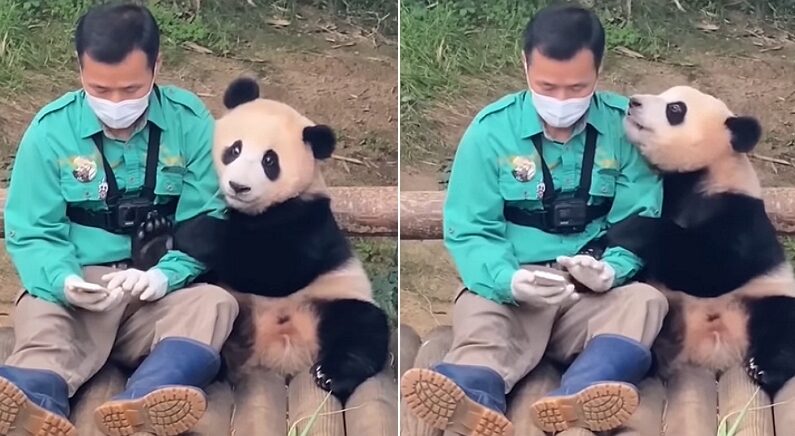
Since China designated pandas as endangered in 1980, they have only exported pandas abroad on lease. It is a kind of “panda diplomacy” led by then-President Jiang Zemin. The ownership of the leased pandas and their offspring also belongs to China. FuBao’s mother, Ai Bao, and father, Le Bao, were also the pandas sent to South Korea by President Xi Jinping in 2016. The country that leases the pandas must pay China $1 million (1.3 billion won) annually in the name of funds for each pair of pandas. At that time, South Korea and China agreed to sign a 15-year lease agreement, and if everything goes according to plan, FuBao’s parents could return to China in March 2031.
The main reason for Fu Bao’s return to China is to reproduce. Since there are only about 1,800 pandas left in the world, China is taking special management measures. In an interview with the media, Kang Chul Won, a panda caretaker at Everland, explained: “Pandas mature at the age of 4 and have to meet friends of the opposite sex. But in Korea, there are only father and mother, so Fu Bao panda returned to meet Chinese pandas.” An Everland official said, “Fu Bao will return to China to find a mate.” and “If Fu Bao is repatriated, the possibility of him returning to Korea is very small.”
“Animal diplomacy activities such as panda leasing must be stopped”
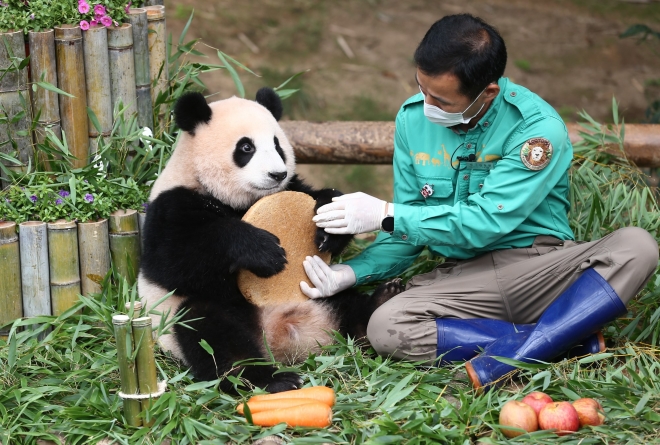
“Yongin Poo” Fubao has become one of the most popular animals at Everland, thanks to a video recording the close relationship with “Panda Grandpa” Kang Cheol-won, the person in charge of taking care of him. The short video on Everland’s YouTube channel, ‘Dating with Panda Grandpa’, has recorded 14.77 million views as of the 3rd. As Pubao’s return date approaches, there are many regretful reactions saying, “I hope Fubao will continue to be with Grandpa.”
There are also critics who say that repatriating pandas against their will is wrong from an “animal welfare” perspective. Lee Hyung-joo, CEO of the Animal Welfare Research Institute, said: “All animals are stressed during transportation. Pandas are not transported for the benefit of the animals but for the purpose of ‘diplomacy’” and “Using animals as a means of diplomacy is outdated and leasing activities must stop.” Cho Hee-kyung, director of the Animal Freedom Association, said: “Leasing is using animals as objects” and “morally, we must abandon the practice of leasing animals.”




